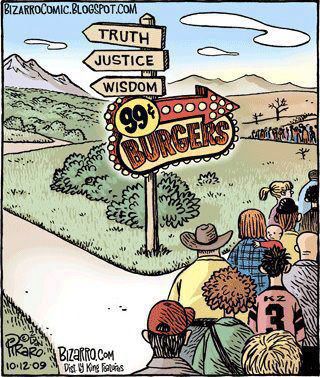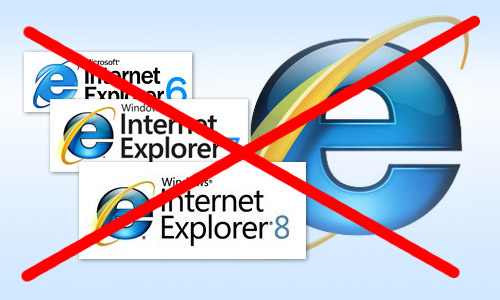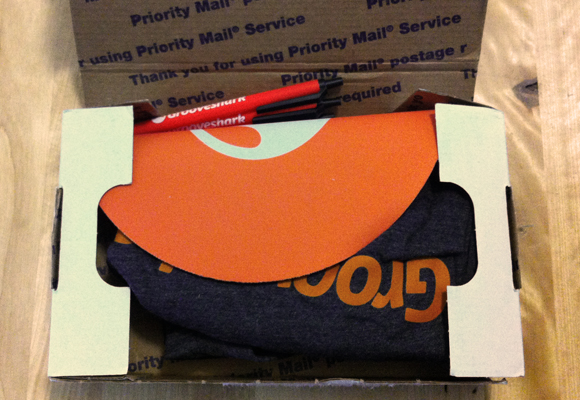
I like the photo above because I think it does a good job of telling the story of remote teams. Remote teams take work, and you need to be in it for the long distance. About four months ago I wrote a post about starting a remote team, I was pretty curious to see how things would go. And then things got busy, really busy. To be frank I thought creating a remote team would mean that things would get less busy. What I didn’t realize was how much communication was needed to keep everyone on the same page. I think the cliche “managing people” is a bad phrase. Instead I prefer “managing communication”, because that is what having a remote team really entails.
I kind of have a hard time delegating,… but I’m getting better at it. Taking the step to set up a remote team was really tough for me. I dragged my feet because I like being really involved in the production of everything. Just being honest here. Also, something that I love about our office is that we have a team culture. We are all in the same boat. I wanted our remote team members to feel they are apart of the team too.
4 months later you are asking, is it working? Yes it is. It did take a ton of time initially setting up clear lines of communication. But here are 3 things I have found have helped “managing communication”.
1. After a while I learned to set a regular time where I can meet via Skype with my core team members once a day. If we can’t meet for some reason we let each other know the previous day.
2. After spending tons of time communicating our core values, code practices, and naming conventions etc. I let our longest standing remote team member lead our newest team member. Now the job of passing on our culture and coding practices is largely his. So far that has worked out really well.
3. Remote teams work really well in pods. What I mean by this is that when working on a project remotely it feels natural to work with the same people during the whole project. Whereas when we are in the office we tend to pass projects on to each other at specific phases. For whatever reason remote teams work better in 2’s and 3’s. For programming I’ve found tools like github essential in this process.
If you are thinking about setting up a remote team, here’s what you need to know. It is going to take a lot of your time preparing for each work day. You need to prepare what everyone is doing. It’s not possible for a remote team member to pull you aside during the work day and ask you a question. So be ready to plan ahead. You will need to be actively thinking about communication and be really intentional with it. It’s easy to forget to book those Skype chats, but if you don’t projects could derail very quickly.
Lastly, spend a lot of time before choosing your first remote teammate or employee. I looked at well over 80 resumes before selecting a few and starting the interview process. I wanted a self-starter, someone who was eager and who I wouldn’t have to chase around or need to spend a lot of energy motivating them. So it took a while, but it was worth it because we are pleased with our new bigger (more remote) team. If you’ve been thinking about setting up a remote team, but are concerned about the unknown, I encourage you to just go for it. I was afraid too, but now I’m really glad I took the risk (at least so far).



 Every tech startup I know is trying to design their website to look and feel like Apple. Okay, okay, not every startup, I’m exaggerating to make a point. But Apple’s super successful, right? Every product they make people are buying, why not do exactly what they are doing? Here’s the problem, not every startup is communicating to the same audience as Apple.
Every tech startup I know is trying to design their website to look and feel like Apple. Okay, okay, not every startup, I’m exaggerating to make a point. But Apple’s super successful, right? Every product they make people are buying, why not do exactly what they are doing? Here’s the problem, not every startup is communicating to the same audience as Apple. Are you relevant? Is your product or service relevant? If you are trying to increase sales of a product you might have asked yourself these (or similar) questions. While relevance is in the top 5 most overused words of the last 5 years, it still applies to our businesses today. If your product or service is relevant to people they will buy it. It’s just another way of saying your product or service is of value to people. But words like value, relevance, proposition, niche, etc often get lost in the rubble of disassociation.
Are you relevant? Is your product or service relevant? If you are trying to increase sales of a product you might have asked yourself these (or similar) questions. While relevance is in the top 5 most overused words of the last 5 years, it still applies to our businesses today. If your product or service is relevant to people they will buy it. It’s just another way of saying your product or service is of value to people. But words like value, relevance, proposition, niche, etc often get lost in the rubble of disassociation.
 On Nov 15, 2012 Google will drop support for Internet Explorer 8, just 9 days after the U.S. election and 19 days after Microsoft releases Windows 8 and IE 10. Why? Because, with the release of Windows 8 Google expects IE8 to die with Windows XP.
On Nov 15, 2012 Google will drop support for Internet Explorer 8, just 9 days after the U.S. election and 19 days after Microsoft releases Windows 8 and IE 10. Why? Because, with the release of Windows 8 Google expects IE8 to die with Windows XP.


